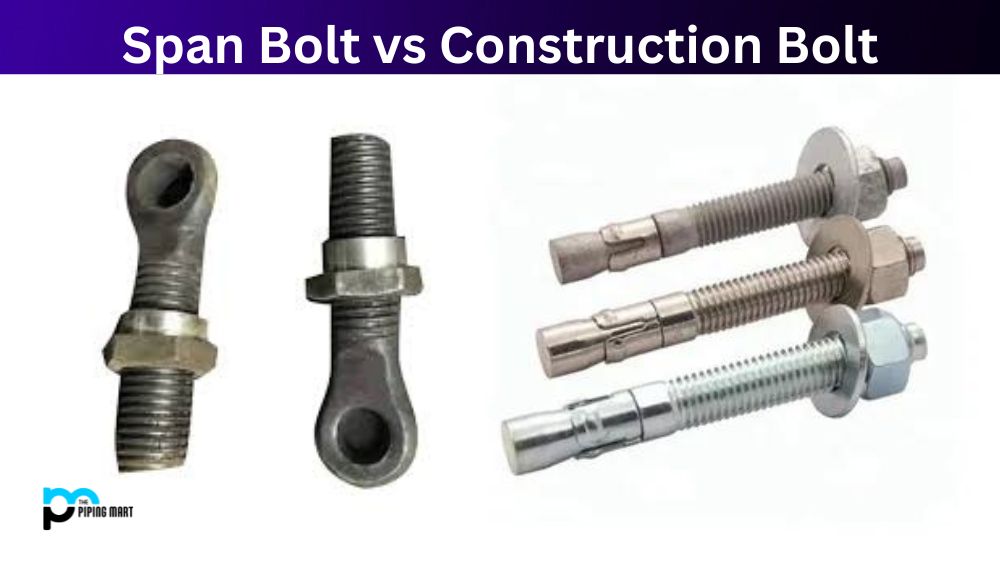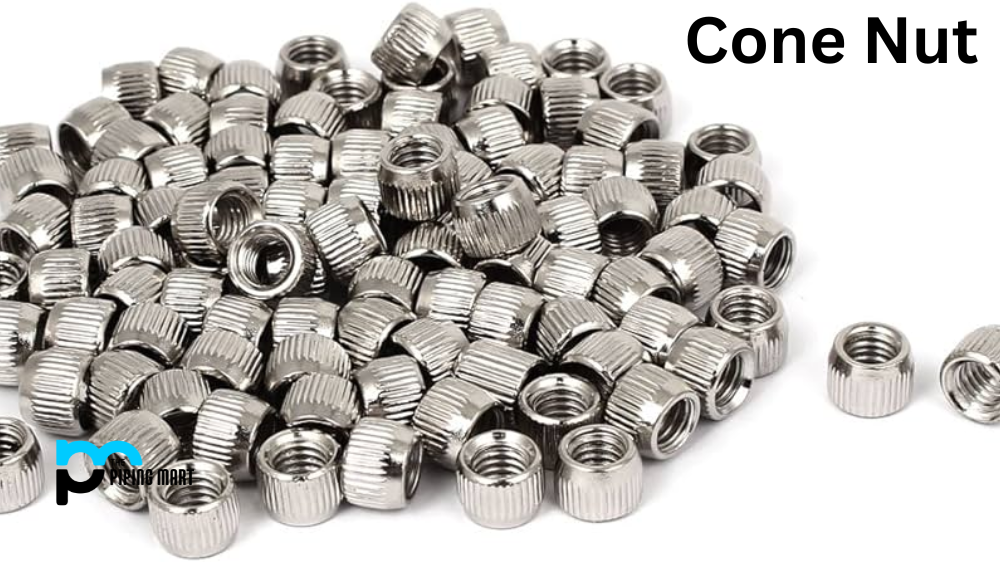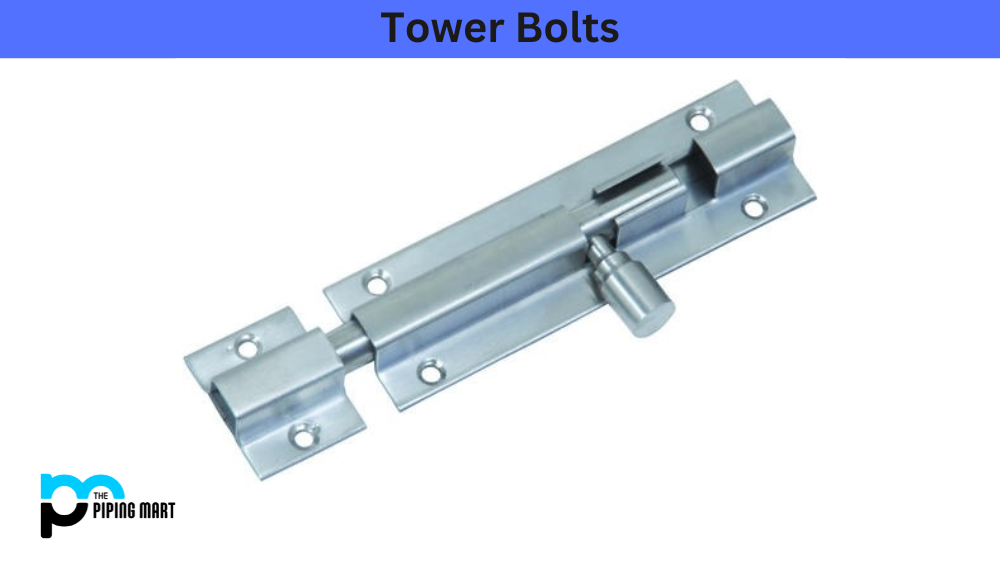Bolts are essential components in any construction project. However, not all bolts are built equal, and choosing the right one for your project can save you from costly mistakes. This blog post will discuss two popular bolts: span bolts and construction bolts. We’ll look at their differences point by point to help you determine which one is best for your construction projects.
What is Span Bolt?
A Span Bolt is a fastener used to combine two or more pieces of material. It is usually made from steel and has a threaded body with an external hex head, two nuts, and two washers. The span bolt is designed to be installed from one side and allows for adjustments to the connected parts on either side. Span bolts are commonly used in industrial machinery, including conveyors and other equipment that needs frequent maintenance.
What is Construction Bolt?
A construction bolt is a fastener specifically designed for the construction industry. It is typically used to secure pieces of material together in woodworking, masonry or metal fabrication projects. Construction bolts are made out of high-strength steel and feature a variety of head styles and thread configurations that enable them to be used in different applications. They often come with additional features such as self-tapping threads, anti-corrosion treatments, and locking mechanisms.
Difference Between Span Bolt and Construction Bolt
Purpose
The first difference between a span bolt and a construction bolt is their intended purpose. Span bolts are typically used for connecting structural steel members, while construction bolts attach non-structural elements like roofing, siding, and paneling. Span bolts have high shear strength, making them ideal for load-bearing applications, while construction bolts have lower shear strength and are more suited for holding and fastening non-load-bearing materials.
Thread
Span bolts and construction bolts also differ in their outer thread type. Span bolts have a partially threaded shaft with a smooth shank for corrosion resistance and clamping force. They are usually torqued to a specific tension to ensure a secure fit. On the other hand, construction bolts have fully threaded shafts, making them easier to install and remove.
Diameter and Length
Another difference between the two bolts is their diameter and length. Span bolts usually have a larger diameter than construction bolts, ranging from ¾ to 1 ½ inches. They come in various lengths to suit specific applications and design requirements. On the other hand, construction bolts are typically smaller, ranging from ¼ to ¾ inches in diameter and 1 to 6 inches in length.
Material
Span bolts and construction bolts also differ in their manufacturing materials. Span bolts are typically made from high-strength steel alloy and coated with corrosion-resistant materials like zinc to withstand harsh environments. Construction bolts are usually made from less expensive materials like carbon or stainless steel.
Cost
Finally, the cost is another differentiating factor between span and construction bolts. Span bolts are generally more expensive than construction bolts due to their size, strength, and materials. Construction bolts are a more economical choice for non-structural applications than span bolts.
Conclusion:
In summary, span bolts and construction bolts are similar in appearance but differ in their intended purpose, threading, diameter and length, manufacturing materials, and cost. Choosing the right bolt type for your construction project will depend on your specific design and structural requirements. Remember, always consult with your contractor or engineer to ensure that you use the right type of bolt for your project to avoid costly mistakes.

A passionate metal industry expert and blogger. With over 5 years of experience in the field, Palak brings a wealth of knowledge and insight to her writing. Whether discussing the latest trends in the metal industry or sharing tips, she is dedicated to helping others succeed in the metal industry.




